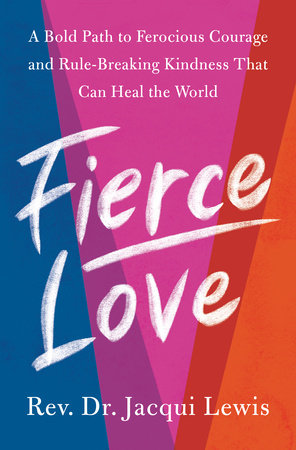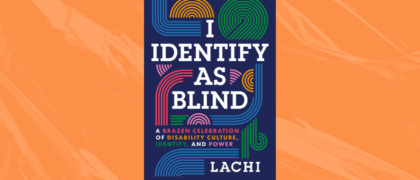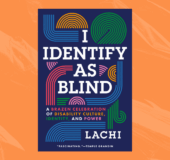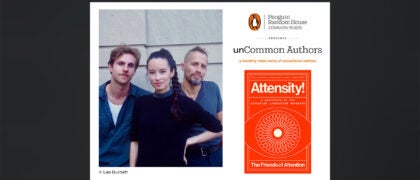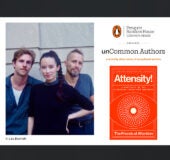Contributed by the Rev. Dr. Jacqui Lewis, a public theologian, senior minister at Middle Church, and the author of Fierce Love: A Bold Path to Ferocious Courage and Rule-Breaking Kindness That Can Heal the World
I’m so excited for the journey your students are on! They’ve embarked on a path not only to an education but an emerging identity and vocation as global citizen. They’re likely wondering: Who will I be as a fully-grown, loving member of my family and community? What’s my role in making our society better?
On my growing-up journey, I had some confrontations with discrimination and sexism, with the faith of my childhood and with my parents. It was in the courageous conflict that I found my voice, learned to be my true self, and to love me. Loving me helped me love my folks kindly, to accept their humanity. This put me on a path to love those who are different than me with empathy and without so many judgements. I came to understand that my young adulthood wasn’t just about getting a degree; it was about getting schooled in rule-breaking kindness, and in that, I am a life-long student!
My parents and I were—and your students are—in what object relations theorists call a transitional space. It’s the relational space in which care, comfort, soothing and encouragement flow and develop love in a child. It can also be the space in which tension, violence and neglect can impinge a child’s ability to love. The family dinner table is transitional space. The kindergarten classroom and the history seminar—both are transitional space. So is the party, the football game, the concert, worship; late night chats over pizza—all these can be spaces of flourishing, of pushing and shoving toward newness, of truth-telling and conflict that are all essential to healthy identity development.
We all learn to love ourselves and others in transitional space.
Our nation is transitional space for our development as a species. I want it to be a safe and brave space in which we can all learn to love ourselves. If this space is what object relations theorist Donald Winnicott calls “good enough,” we are more likely to love ourselves. If the space is filled with poverty, oppression, racism, sexism, and homophobia—that’s not a good enough space for any of us to fully learn to love ourselves. These things impinge our healthy development; they make us fearful, angry, and anxious. Unable to fully love ourselves, we simply won’t love our family, our posse, or the world either.
As part of their journey, young adults are responsible for creating space to grow love for the self and others. One way to do that is to dive deep into their story to excavate the transitional space in which they are becoming. Stories rehearse what caused hurt and how they recovered; when they learned to be generous and why; how they developed resilience. Stories have lessons from joyful moments and painful ones. Stories illustrate growing edges and superpowers so emerging adults can step into their roles as world-creators and revolutionary lovers!
There are lots of ways to reflect on the story-journey. Good friends can be partners. Students can use this essay or the Book Club materials in Fierce Love to dig into their stories together on a walk or over coffee. They can take turns sharing stories and chart a path together toward more self-love. I’m also a fan of therapy and spiritual direction as help for exploration.
Here is an exercise to prompt reflection. Think of your life as a story-in-progress.
- If your life is a book, what is the title of the book?
- What’s the title of the current chapter?
- What are the titles of the chapters that got you here?
- In which chapters did you find resilience, the ability to confront courageously, or joy?
- What do you want the end of your story— the last chapter—to be titled?
- What chapters do you need to “write” to get to that final chapter?
- How will you put love in the heart of your journey to get to where you want to be?
I’m convinced that this is true: When we make loving ourselves a prime objective, this will heal the world. To be sure, self-love requires courage and encouragement from loving adults and mentors. But as the Buddhist saying goes, “You, yourself, as much as anybody in the entire universe, deserve your love and affection.” While we are all on this journey, we can emphasize this for young folk we steward: You are your best thing; don’t forget it. Love you fiercely!


